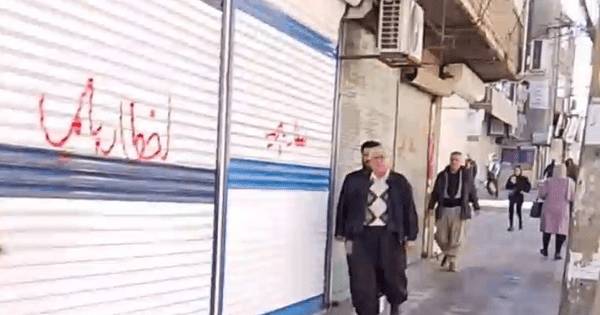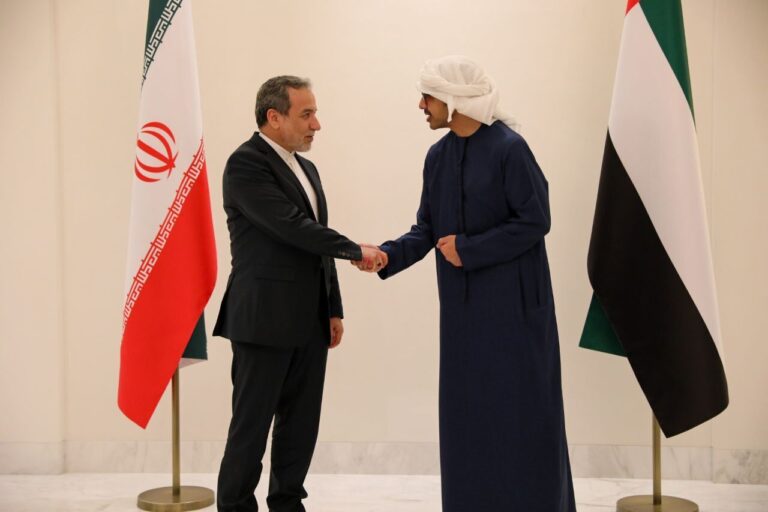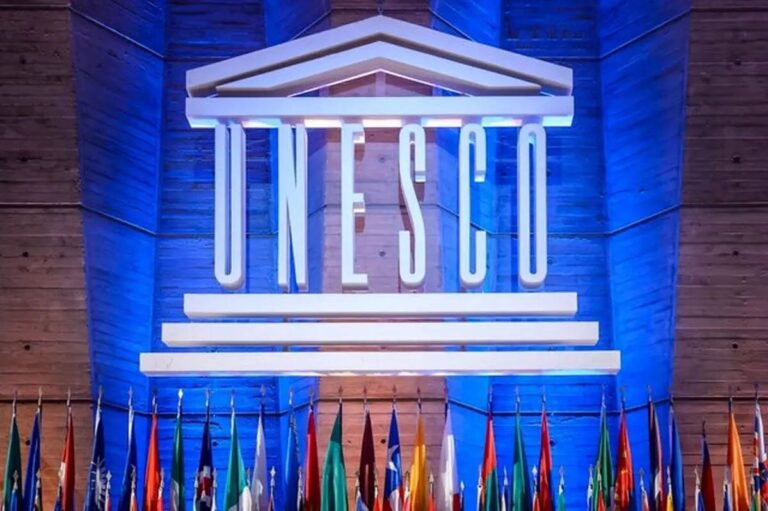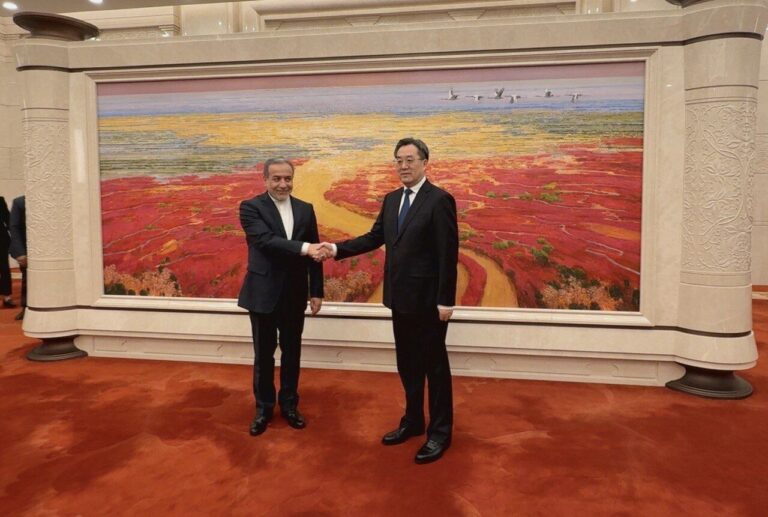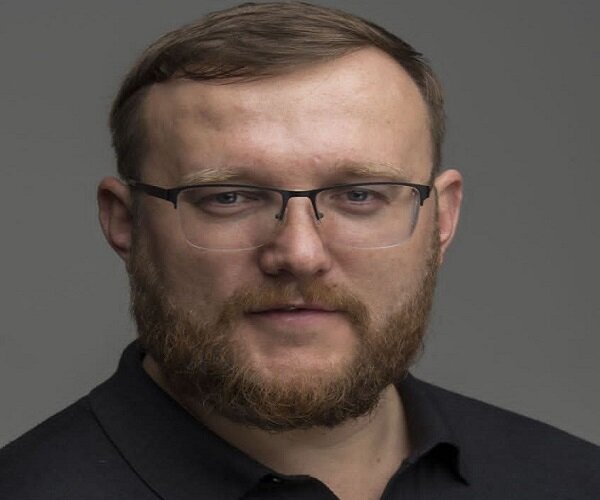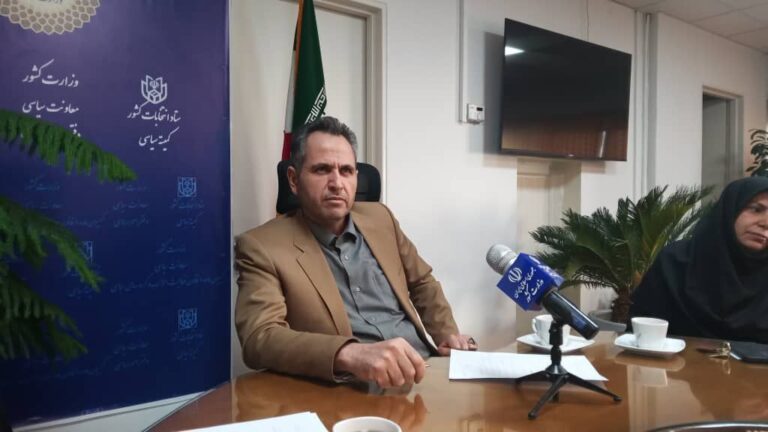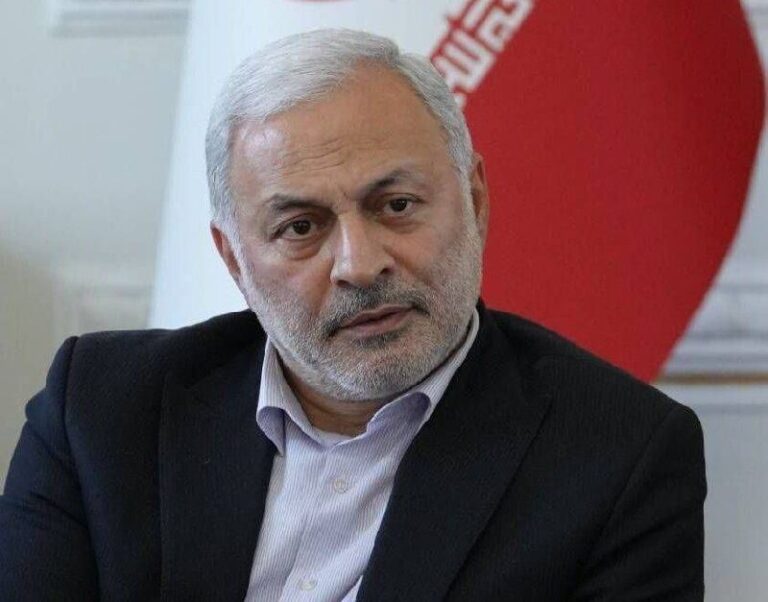Kurdish Protests Erupt in Iran Over Death Sentences for Two Women: A Cry for Justice
Businesses across multiple Kurdish cities in Iran staged a significant strike on Wednesday, prompted by Kurdish organizations protesting the impending death sentences of two female political prisoners. The situation has drawn widespread attention, highlighting the ongoing struggles for human rights and justice in the region.
Social media platforms showcased images of shuttered shops and closed marketplaces in cities such as Sanandaj, Saqqez, Divandarreh, and Marivan in Kurdistan province, as well as in Mahabad, Bukan in West Azarbaijan province, and Kermanshah. This strike, organized by six Kurdish groups, aimed to mobilize the population in a unified effort against the execution of Pakhshan Azizi and Varishe Moradi.
Earlier this week, these groups released a joint statement urging individuals to participate in the strike by closing down businesses, schools, and other workplaces. The push for this protest stemmed from growing concerns about the sentences handed down to these women:
- Varishe Moradi, sentenced to death by Tehran’s Revolutionary Court in November for “armed rebellion.”
- Pakhshan Azizi, who received a death sentence in July on similar charges.
These sentences have ignited a wave of outrage both locally and internationally. Notably, Shirin Ebadi, a Nobel Peace Prize laureate, publicly supported the protests on Instagram, stating, “I urge all political, social, cultural, civil, and professional organizations to join this strike.”
Among the groups backing the strike are:
- The Democratic Party of Iranian Kurdistan (KDPI)
- The Kurdistan Free Life Party (PJAK)
- The Kurdistan Freedom Party (PAK)
- The Komala Party of Iranian Kurdistan
- The Kurdistan Democratic Party of Iran
- The Kurdistan Organization of the Communist Party of Iran
Azizi’s death sentence, handed down in July 2024 for “armed rebellion against the state,” also included a four-year prison sentence for alleged membership in PJAK, which her lawyers have vehemently denied. It is important to note that PJAK has been labeled a terrorist organization by Iran, Turkey, and the United States.
In addition to these political parties, students and a coalition of Kurdish women have expressed their condemnation of the death sentences and shown solidarity with the strike. They have also criticized the treatment of Azizi and Moradi, who are currently detained in Tehran’s notorious Evin Prison, known for its harsh conditions and political detentions.
Earlier this month, Amnesty International condemned the Iranian Supreme Court for upholding Azizi’s death sentence, declaring her trial deeply flawed and her punishment unjust. Amnesty emphasized, “Iran’s authorities must halt any plans to carry out her execution and release her immediately,” asserting that her conviction appears to be linked to her humanitarian and human rights efforts.
In a letter from prison, Azizi detailed instances of torture and harassment, including accounts of mock executions. Her case has emerged as a crucial focal point for human rights organizations, many of which view her sentencing as indicative of a broader pattern of state repression against political dissidents in Iran.
According to the US-based rights group HRANA, at least 54 political prisoners, including Azizi, currently face execution across various prisons in Iran. The Iranian government has faced escalating international scrutiny for its extensive use of the death penalty, particularly against political prisoners and activists.
The United Nations human rights office reported a staggering statistic in January, revealing that Iran executed 901 individuals in 2024, with 31 of those being women. This marks a troubling increase in cases related to capital punishment, raising alarms among human rights advocates worldwide.
As the situation continues to develop, the international community remains watchful, hoping for justice and the protection of human rights for the individuals affected by these harsh sentences. The strikes in Kurdish cities signify not only a protest against specific cases but also a broader demand for systemic change in Iran’s treatment of political dissidents.
